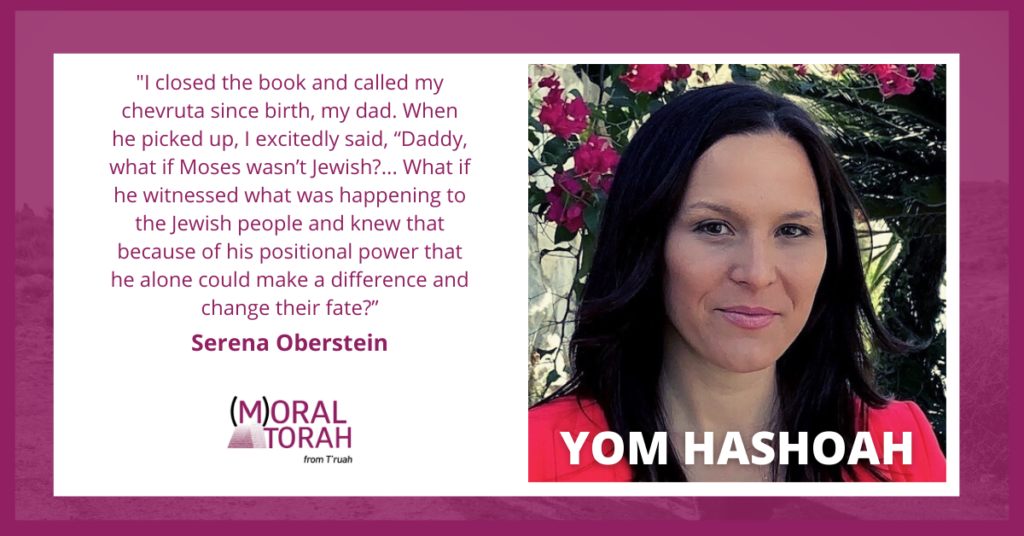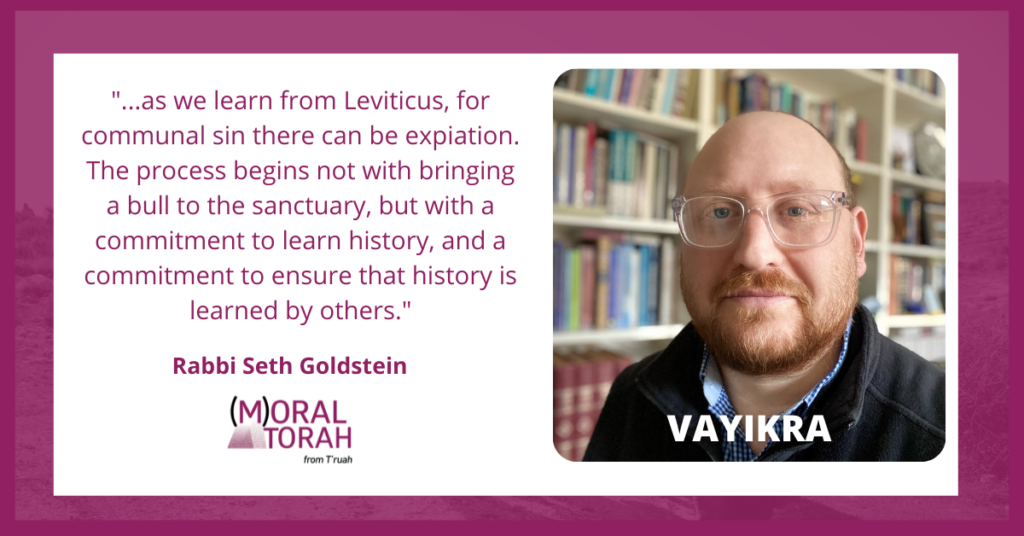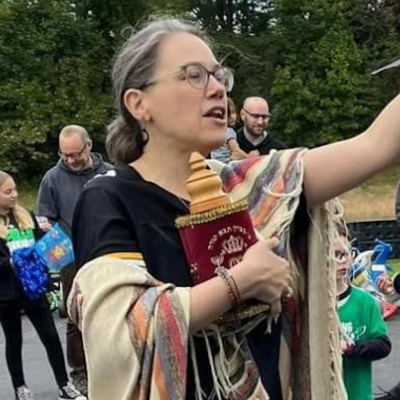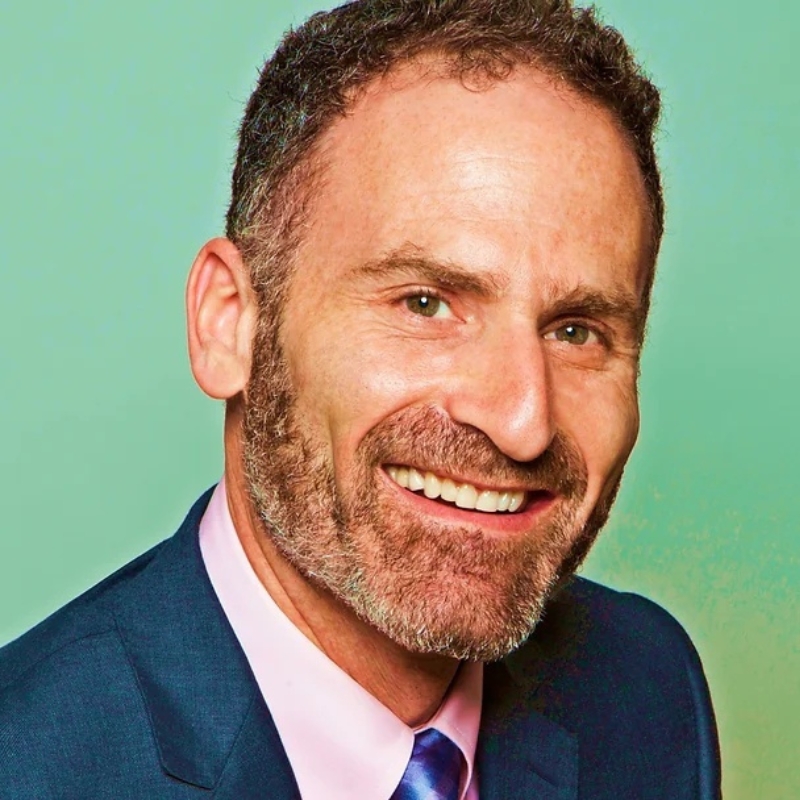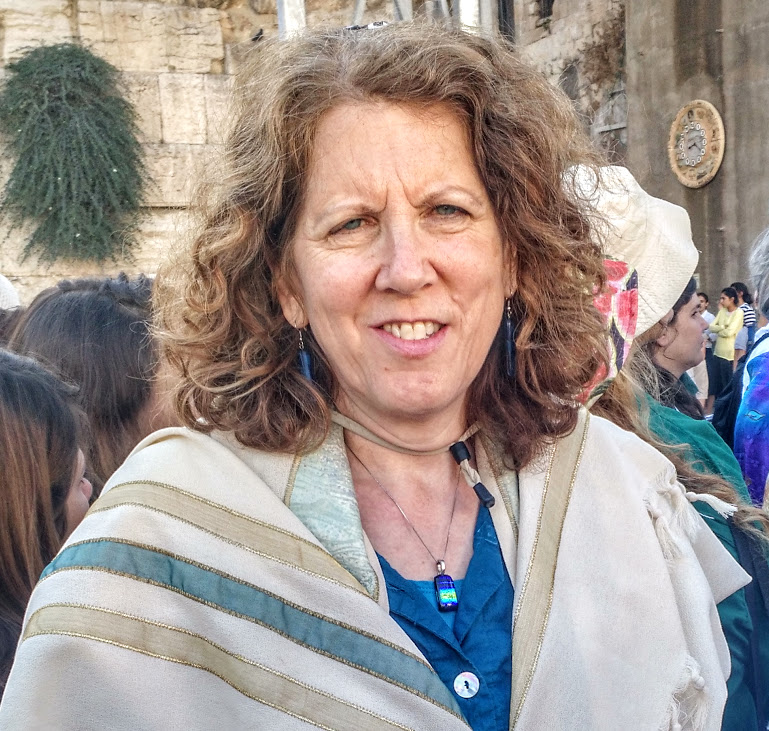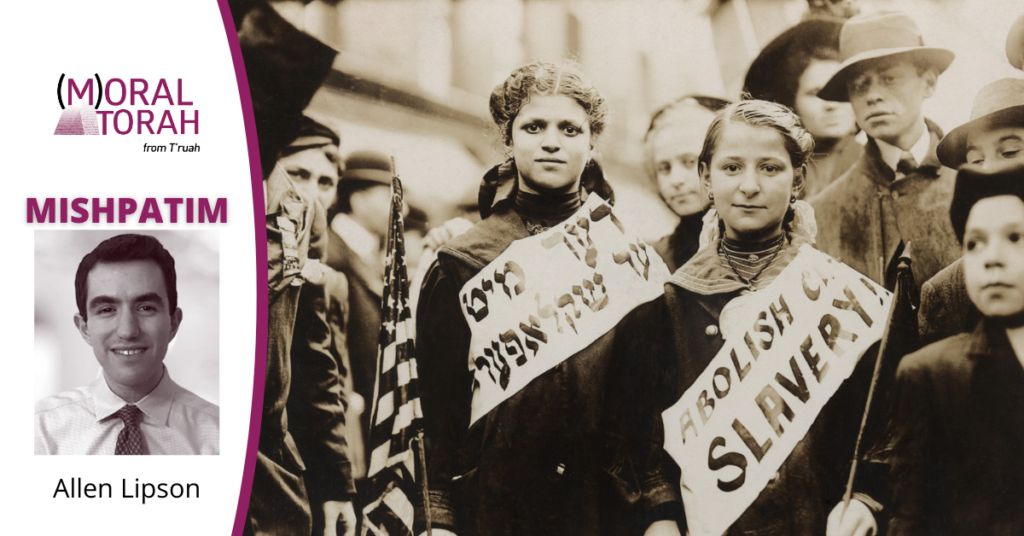
What Progressive Jewishness Could Have Been
A D’var Torah for Parshat Mishpatim by Allen Lipson As workers across the country lead backs-to-the-wall organizing drives in the long odds of a COVID economy, Parshat Mishpatim’s labor laws offer a timely opportunity to reclaim the legacy of Rav Avraham Bick’s Mishnas Ha’Poel (The Teaching of the Worker), an all-but-forgotten tale of Jewish class...
read more

